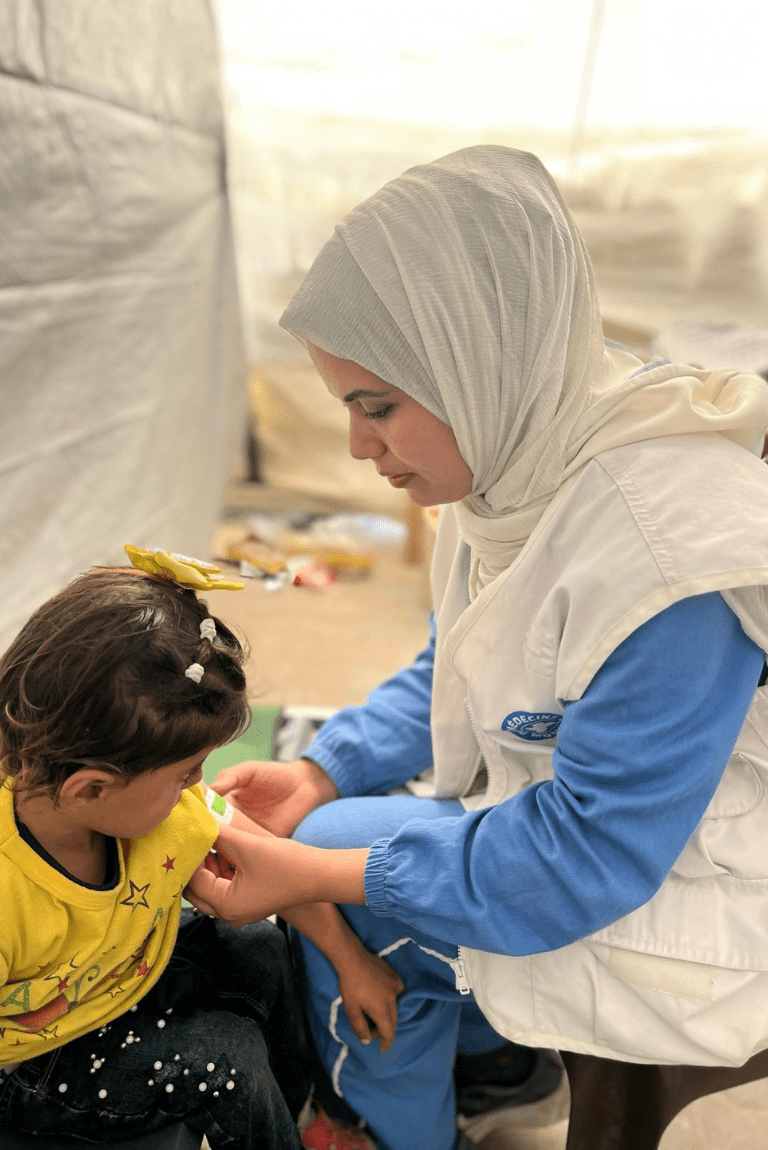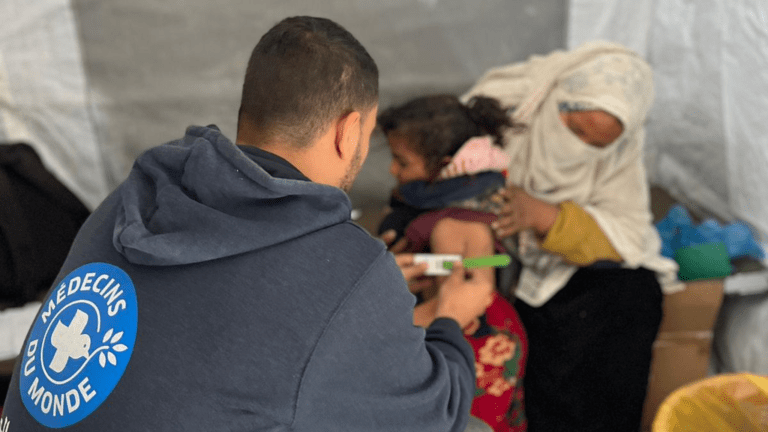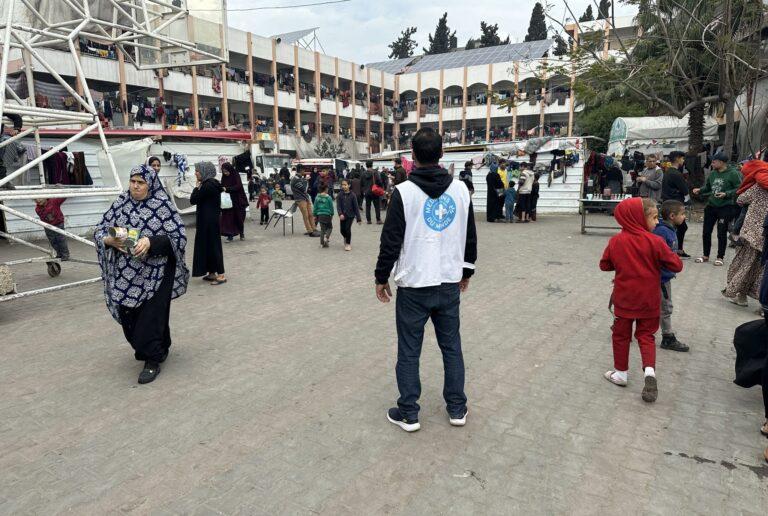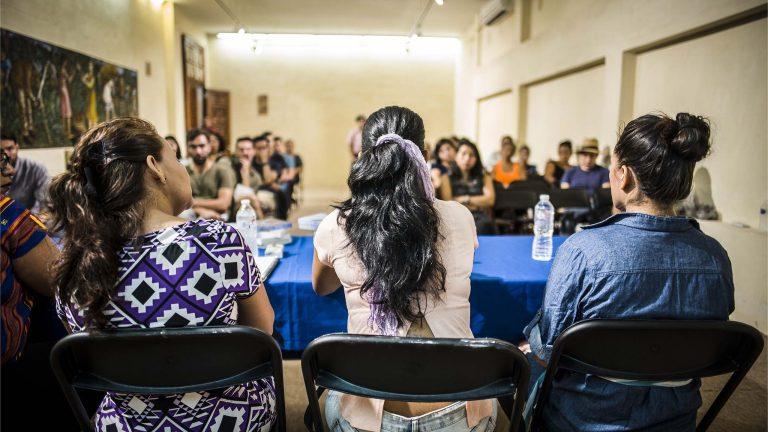Report : "In Gaza, hunger is used as a weapon of war", warns Médecins du Monde
2025-05-13

© Médecins du Monde
In an alarming report published today, Médecins du Monde notes that in just a year and a half, acute malnutrition in Gaza has reached levels comparable to those seen in countries facing protracted humanitarian crises spanning several decades. The root cause: the siege imposed by Israeli authorities. Médecins du Monde calls on States to take immediate action to prevent malnutrition-related deaths.
Over the past ten months, Médecins du Monde has been monitoring acute malnutrition among children and pregnant and breastfeeding women in up to six health centers operating in the besieged Gaza Strip. In 2024, nearly one in four infants under the age of one and 19% of pregnant and breastfeeding women were identified as suffering from acute malnutrition*.
- In November 2024, the rate of acute malnutrition among children reached 17%, the highest level recorded in 2024. This increase coincided with a sharp decline in the number of humanitarian aid trucks permitted to enter the enclave in October 2024. By comparison, in 2022, only 0.8% of children under the age of five in Gaza suffered from acute malnutrition, according to the WHO.
- The truce that came into effect on January 19, 2025, led to a partial easing of Israeli restrictions and an increase in the entry of food supplies. As a result, rates of acute malnutrition among children dropped significantly, falling from 17% in November 2024 to 2.7% in February 2025.
- This progress was quickly reversed by the total siege of aid imposed on March 2, 2025, followed by the resumption of hostilities by the Israeli army on March 18, in violation of the ceasefire agreement. In April 2025, one in five pregnant or breastfeeding women and almost one in four children examined in Médecins du Monde centers were suffering from acute malnutrition or were at high risk of acute malnutrition.
After more than 15 months of military offensive and Israeli siege on Gaza, acute malnutrition among children and pregnant and breastfeeding women reported in the Deir Al Balah and Khan Younis governorates of Gaza reached levels similar to those in Yemen (around 11.5% in 2024 in clinics supported by Médecins du Monde), a country that has suffered for more than ten years from war and is among the most food-insecure countries in the world according to UNICEF.
We are not witnessing a humanitarian crisis, but a crisis of humanity and moral failure, with hunger being used as a weapon of war. The inaction of third-party states who have the means to pressure the Israeli authorities to lift this murderous siege is unacceptable, and could be construed as complicity under international law. Now is not the time for declarations, but for action. More than two million lives are at stake, sacrificed by the illegal deprivation of humanitarian aid.
The facts are clear: this food crisis, which puts thousands of lives in danger, is man-made, and stems from decisions by the Israeli authorities to partially authorize or totally block humanitarian aid to Gaza.
* According to the World Health Organization (WHO), a malnutrition rate of 10% is high, and 15% is critical.














